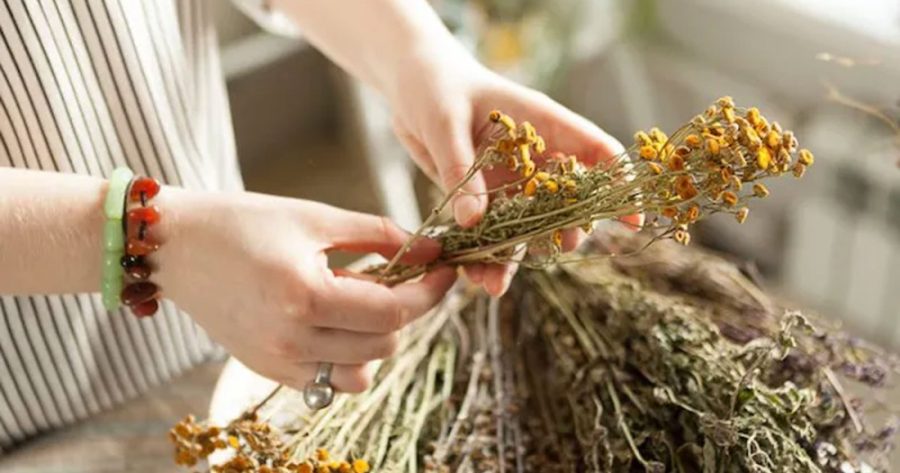This step-by-step guide on how to incorporate herbal medicines and raw supplements into your everyday life will be your go-to resource for all natural remedies.
People have used medicinal herbs and plants to cure ailments and strengthen the immune system since the beginning of time. Until around the 16 century, societies worldwide used herbal medicine to treat and prevent diseases and illnesses. So, it’s no wonder that many people are trying to incorporate herbalism back into their lives!
Have you been curious about how to start using medicinal herbs and natural supplements? Or, have you just begun your journey and are looking for a step-by-step guide? Either way, this article is sure to become your go-to resource for raw remedies.
Traditional Chinese Medicine (TCM) has evolved over thousands of years, and herbal products have been studied to treat medical problems like mental illness, stroke, heart diseases, the common cold, and other respiratory diseases.
Of course, it’s always a good idea to check with your Primary Care Physician before starting a new regimen or supplement routine. Still, the fact is that studies of herbal medicine have proven to have significant benefits for many people.
What Exactly is Herbal Medicine?
The National Institute of Health considers herbal medicine to be any product originating from plants that are used to treat or prevent sickness. Nourishing the body with plants and herbs has been in practice for well over 5,000 years. At one point in time, it was the only means of medical care!
Herbal products are readily available and come in many different forms today. If you’re hesitant to start a herbal medicine or supplement routine, the history of raw remedies will hopefully be a comfort to you! It’s amazing how you can easily turn plants and herbs into healing teas, soups, and more.
In TCM, herbs are commonly classified as “four natures” (hot, warm, cold, and cool) and “five flavors” according to the five elements of taste (sour, salty, sweet, buttery, and pungent). They can also be classified according to their specific function, i.e. heat-clearing, wind-damp dispelling, etc., and the meridians on which the herb has the most effect.
How can Herbal Medicines and Remedies Help Improve my Lifestyle
Holistic health is becoming increasingly popular. Many people have begun to understand the positive side effects of herbalism. Depending on what you are looking for, there are many different herbs that can help you.
The key is to find herbs and plants that are right for your needs. For example, something that will bring you more energy may not be the same herbs needed to help a cough.





